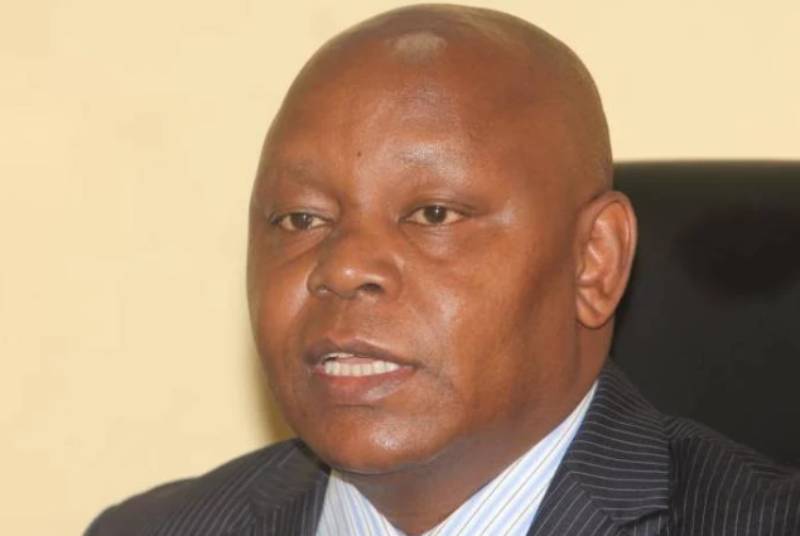×
The Standard e-Paper
Stay Informed, Even Offline

Lawyer Paul Gicheru who surrendered to the ICC on Monday, November 2, 2020. [File, Standard]
On April 17, 2016, President Uhuru Kenyatta took to the podium, raised his hand and swore to a crowd of supporters that he would not allow any other Kenyan to face prosecution outside the country.